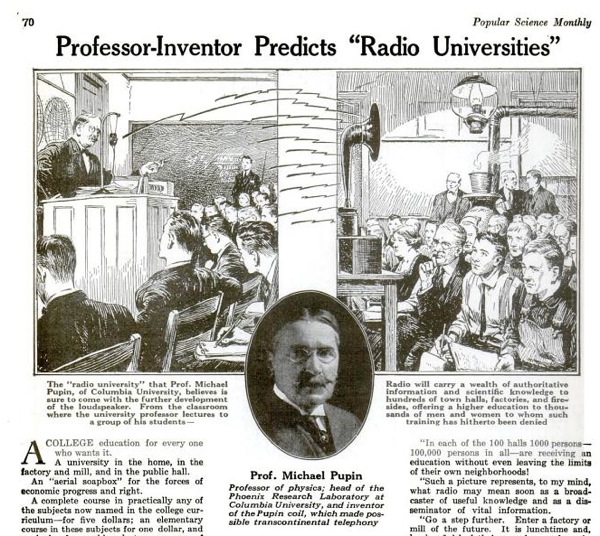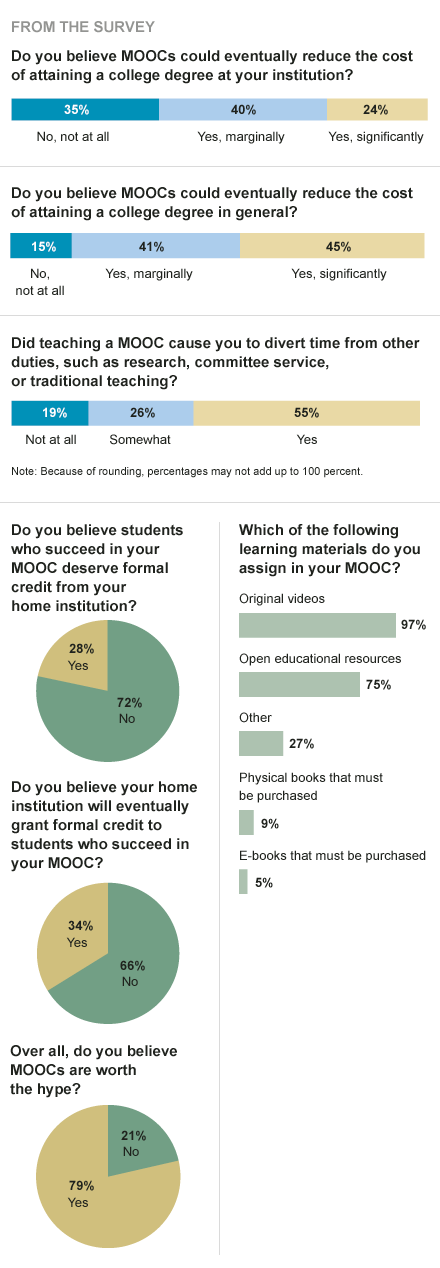Why Do Indians Study Abroad?
When I met Arindom soon after my return to India in July 2012, he was a worried parent. His son Reuben was finishing school in 2013. Arindom was concerned that it would be tough for his son to get admitted to one of the better colleges in the National Capital Region (NCR).
“Reuben is a good student. That’s not the problem. But even with 90 plus percent, forget Stephen’s, kids end up at obscure colleges where they still don’t get to study what they want to study,” he explained. “Most of these places, public or private, kuch pata nahin kaise hain (one does not know if they are good).”
Colleges in the NCR count among the best in the country and attract thousands of young Indians each year far and near. However, despite increasing student intake over the years, they have to turn away large numbers of hopefuls. Many are unable to get admitted in disciplines of their choice. Read more...






/https%3A%2F%2Fprofilepics.canalblog.com%2Fprofilepics%2F1%2F0%2F1076071.jpg)